Is Metal Detector Can Detect Gold?
Metal detectors have long been a subject of fascination for treasure hunters, hobbyists, and professionals alike. One of the most common questions that arise in this field is whether metal detectors can detect gold. The short answer is yes, metal detectors can indeed detect gold. However, the effectiveness of detecting gold depends on several factors, including the type of metal detector, the size and purity of the gold, the depth at which it is buried, and the surrounding environment. In this article, we will delve into the intricacies of how metal detectors work, the types of metal detectors best suited for gold detection, and practical tips for maximizing your chances of finding gold.

How Metal Detectors Work
To understand how metal detectors can detect gold, it's essential to grasp the basic principles of how these devices operate. Metal detectors work by emitting an electromagnetic field from the search coil into the ground. When this field encounters a metallic object, it induces an electric current in the object, which in turn generates its own electromagnetic field. The detector's coil senses this secondary field and sends a signal to the control box, alerting the user to the presence of metal.
Types of Metal Detectors
There are several types of metal detectors, each with its own strengths and weaknesses when it comes to detecting gold. The three main types are:
1. Very Low Frequency (VLF) Detectors: These are the most common type of metal detectors and are known for their sensitivity to small objects. VLF detectors operate at frequencies between 3 kHz and 30 kHz. They are particularly effective at detecting small gold nuggets and flakes. However, they can be affected by mineralization in the soil, which can lead to false signals.
2. Pulse Induction (PI) Detectors: PI detectors are less affected by mineralization and are capable of detecting gold at greater depths compared to VLF detectors. They work by sending short pulses of current through the coil, which generates a magnetic field. When the pulse ends, the magnetic field reverses polarity and collapses, causing a sharp electrical spike. This spike can detect metal objects, including gold, even in highly mineralized soils.
3. Multi-Frequency Detectors: These detectors operate on multiple frequencies simultaneously, combining the strengths of both VLF and PI detectors. They offer a good balance between sensitivity and depth, making them versatile for various types of metal detecting, including gold hunting.
Factors Affecting Gold Detection
While the type of metal detector is crucial, several other factors can influence the effectiveness of detecting gold:
1. Size and Purity of Gold: Larger gold nuggets are easier to detect than smaller flakes. Additionally, pure gold is more conductive and easier to detect than gold alloys mixed with other metals.
2. Depth: The depth at which the gold is buried plays a significant role. Most metal detectors have a limited depth range, and the deeper the gold, the harder it is to detect. PI detectors generally offer better depth capabilities compared to VLF detectors.
3. Soil Mineralization: Highly mineralized soils can interfere with the electromagnetic signals emitted by the detector, leading to false signals. PI detectors are better suited for such conditions, as they are less affected by mineralization.
4. Ground Balance: This feature allows the detector to ignore the mineral content in the soil and focus on detecting metal objects. Proper ground balancing is essential for accurate gold detection.
Practical Tips for Detecting Gold
Now that we have a basic understanding of how metal detectors work and the factors affecting gold detection, let's explore some practical tips to maximize your chances of finding gold:
1. Research Locations: Gold is often found in specific geological settings, such as riverbeds, old mining sites, and areas with a history of gold deposits. Conduct thorough research to identify promising locations.
2. Use the Right Equipment: Choose a metal detector suited for gold detection. If you're a beginner, a VLF detector with a high frequency is a good starting point. For more experienced users, a PI detector may offer better results in challenging conditions.
3. Adjust Settings: Familiarize yourself with your detector's settings, including sensitivity, ground balance, and discrimination. Adjust these settings based on the soil conditions and the size of the gold you are targeting.
4. Practice Patience: Gold detecting requires patience and persistence. It may take time to find your first nugget, but don't get discouraged. Consistent effort and practice will improve your skills and increase your chances of success.
5. Dig All Targets: When searching for gold, it's essential to dig all targets, even if they seem insignificant. Small gold flakes can produce weak signals that are easy to overlook.
6. Stay Safe: Always prioritize safety when metal detecting. Be aware of your surroundings, especially in remote or rugged areas. Carry necessary supplies, such as water, food, and a first aid kit.
In conclusion, metal detectors can indeed detect gold, but the effectiveness depends on various factors, including the type of detector, the size and purity of the gold, the depth at which it is buried, and the surrounding soil conditions. By understanding these factors and following practical tips, you can significantly improve your chances of finding gold. Whether you're a hobbyist or a professional, the thrill of discovering gold is a rewarding experience that combines adventure, skill, and a bit of luck. Happy hunting!



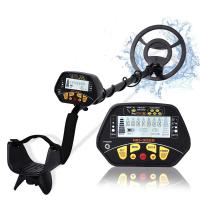
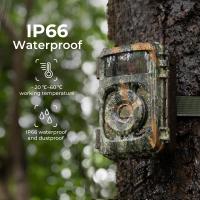
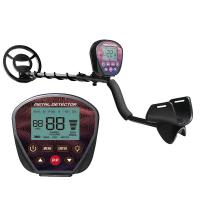

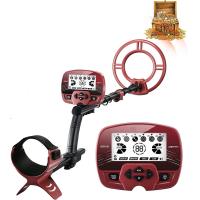
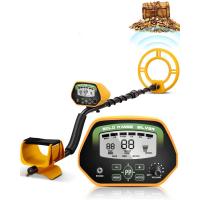




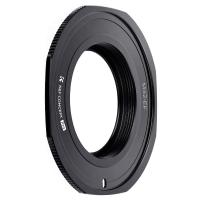
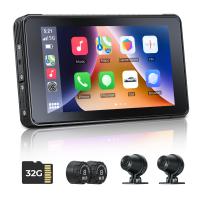
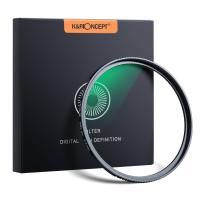
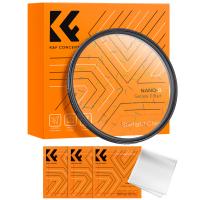
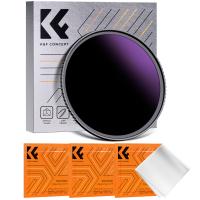

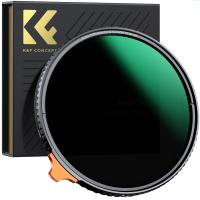
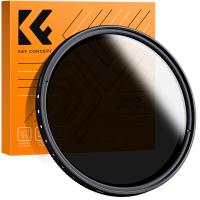


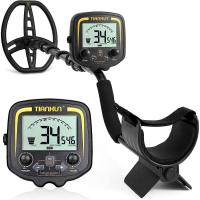
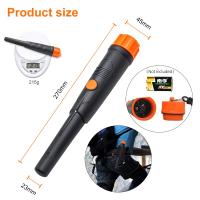

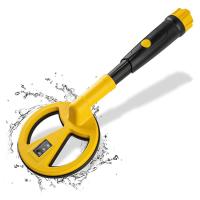
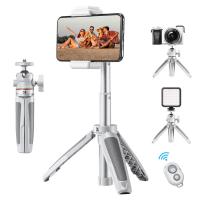
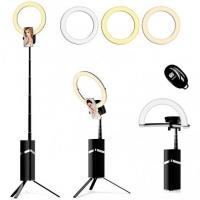
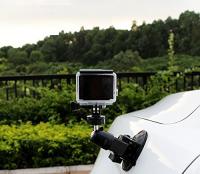

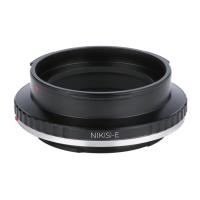

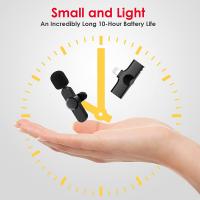


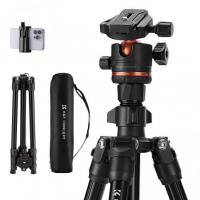

There are no comments for this blog.